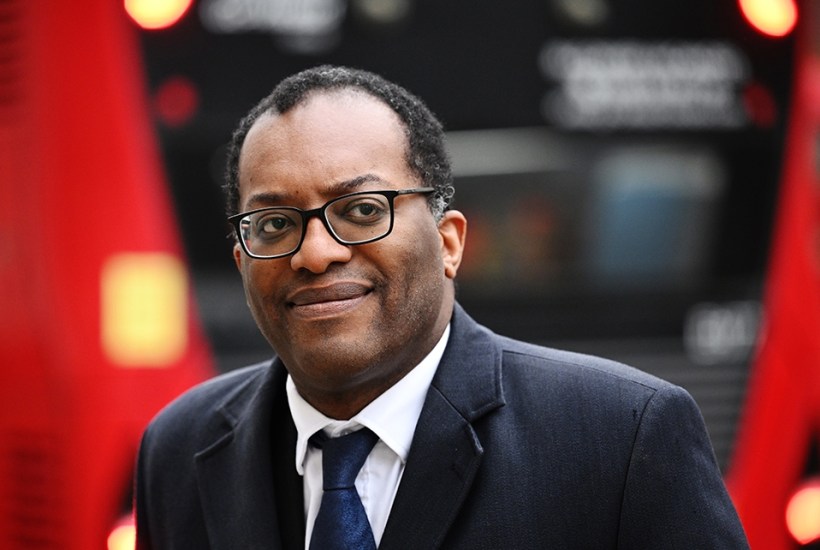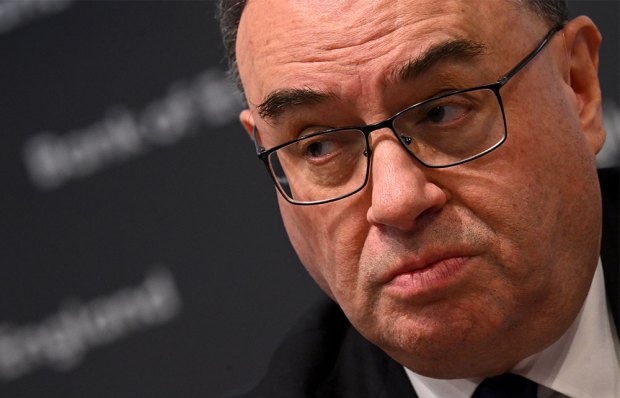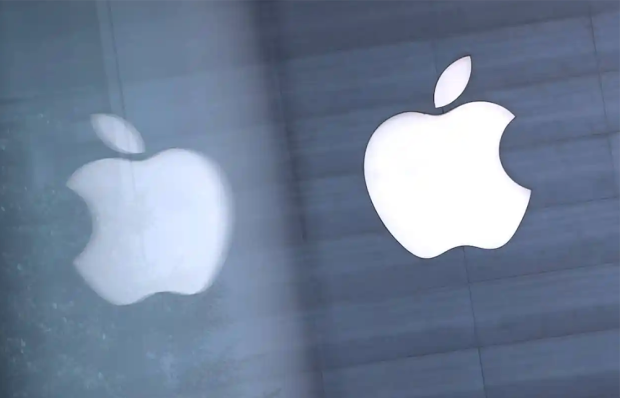‘Fury at the City slickers betting against UK plc,’ shouted the Daily Mail on Tuesday, after Monday’s mayhem saw the pound hit an all-time low of $1.03. A more accurate corporate metaphor, though less punchy as headline material, would have been something like this…
Activist mavericks seize boardroom control of giant sluggish utility. Novice finance director slashes prices, raises dividends for rich shareholders, shuns in-house forecasters and says he’ll borrow whatever it costs. To which markets reply: ‘Blimey, mate, that’s bonkers. So we’re dumping your shares and the cost of your debt just doubled.’
And that, I’m afraid, is an entirely rational response, not a wickedly speculative one. Moments after Kwasi Kwarteng’s Commons performance last week, a banker I was with said, in trepidation rather than glee: ‘Interest rates will have to go above 5 per cent’ – and so they will.
The pound, as I wrote three weeks ago, has been sinking against the super-strong dollar all year; the ‘all-time low’ wasn’t just an overnight blip but more likely a new benchmark which traders will repeatedly test as borrowing projections climb and the Bank of England dithers.
The plain fact – ironic at a moment when the UK stood unusually high in global esteem thanks to the late Queen and the grandeur of her obsequies – is that the Truss government has succeeded in less than a month in demolishing what was left of international investors’ confidence in our ability, relative to competitors, to overcome an external inflation spike and climb vigorously out of the consequent recession.
The one good and essential measure so far, the energy price cap for consumers and businesses, has been overwhelmed by negative reactions to the unfunded tax cuts, especially the abolition of the 45p top rate, and the refusal even to listen to the Office for Budget Responsibility. What City slickers are really betting against is the chance of Kwarteng lasting more than a few disastrous and turbulent months as Chancellor.
Warrior accountant
Ian Hay Davison, who has died aged 91, was best known for his valiant effort in the mid-1980s, at the Bank of England’s behest, to sort out the endemic corruption and slack self-regulation of the Lloyd’s insurance market. But that was only one of many battles taken on by this veritable warrior of the accountancy profession, whom I first met in Hong Kong when he was giving the authorities there a kicking for their incompetence during the October 1987 stock-market crash.
A man of huge energy and self-confidence, he took on an astonishing range of corporate and pro bono roles – and it’s a mystery that he was never knighted. His last job was as chairman of the investment firm Ruffer – whose founder Jonathan Ruffer sent this pleasing cameo: ‘Ian disconcerted us by appearing at his first board meeting with what looked to be a pristine set of unread papers. I said nervously, “Would you like me to set it out for you?”. Smiling he said, “No thanks, let me set it out for you” and went on to articulate what was to become the future, not only of the firm, but the whole industry.’
Sunset for Somerset
Would you take investment advice from Jacob Rees-Mogg? Neither would I. But $5 billion of other people’s money is still looked after by Somerset Capital Management, the firm he co-founded in 2007 – and the Business Secretary is in line for a seven-digit windfall if and when Somerset is sold.
An unnamed colleague, who previously worked with him at Lloyd George Management in Hong Kong, told The Spectator in 2016 that Rees-Mogg was ‘a pedestrian fund manager’ who ‘never outperformed the index’. Nevertheless, with founding partners Dominic Johnson and Edward Robertson, both also ex-Lloyd George, he built a fund focused on emerging markets that peaked at $10 billion in 2018 and paid handsome profits– before shrinking by half as emerging markets fell out of fashion.
Rees-Mogg, though still a shareholder, withdrew from an active role at Somerset when he became a minister; Johnson is now stepping down as chief executive; the FT reports that some of their clients have had itchy feet. Merger with another niche fund house or takeover by a larger group look like the only ways forward. Whatever the outcome, Rees-Mogg will no doubt put a positive spin on it – and if challenged over his incoming millions, blithely remind us he had several of those already.
Happy retirement
Retail billionaire Mike Ashley is stepping down from the board of Frasers Group, which owns the Sports Direct and House of Fraser chains, 40 years after he opened his first sports shop in Maidenhead and a year after he sold Newcastle United to a Saudi-led consortium. His 32-year-old son-in-law Michael Murray – a former ‘nightclub promoter’ – is now chief executive of Frasers, though Ashley remains its controlling shareholder and ‘adviser’.
An ex-employee of the group told the Guardian that Murray is ‘a more acceptable version of Ashley’ – the latter having long had a bum rap from trade unions, grandstanding MPs, Newcastle fans and most of the media for his supposed ruthlessness as an employer and his evident lack of charm. But not from this column, which – while occasionally trying to suggest how he might polish his public persona – has consistently championed Ashley as an example of true entrepreneurial grit: one of the few players still willing to invest in dying high streets and take a look at every retail opportunity that comes up for distress sale.
At 58, we must hope he has more deals in him. But exit from his own boardroom allows him to escape the spotlight he has always found so sweatily uncomfortable. When I last checked, he and his partner owned hideaways in Majorca, Tenerife, Verbier and Miami: I wish him a restful break in one or all of them.
Got something to add? Join the discussion and comment below.
Get 10 issues for just $10
Subscribe to The Spectator Australia today for the next 10 magazine issues, plus full online access, for just $10.
You might disagree with half of it, but you’ll enjoy reading all of it. Try your first month for free, then just $2 a week for the remainder of your first year.















Comments
Don't miss out
Join the conversation with other Spectator Australia readers. Subscribe to leave a comment.
SUBSCRIBEAlready a subscriber? Log in